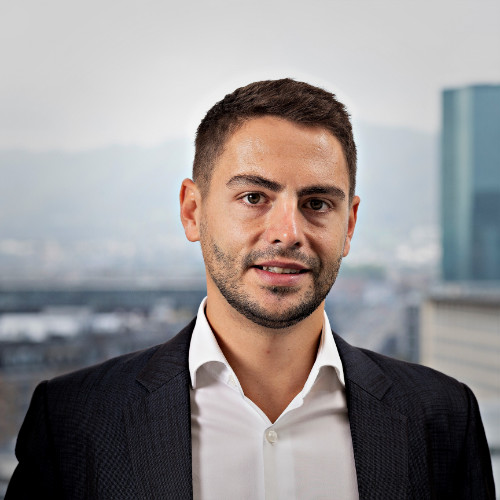A day in the life of a consultant - questions to Benjamin Leu
1. Who are you? What do you do at ON-POINT? How long have you been there?
I am Benjamin Leu, 31 years old and have been with ON-POINT since its foundation in 2015. Being one of the first employees of ON-POINT was very exciting because I could contribute a lot.
As a consultant, I work primarily at banks in Avaloq projects, whereby my tasks are very diverse - depending on each project.
2. Your first day at work - what do you remember?
On the first working day for ON-POINT I received a structured introductory program. Among other things, the company philosophy, the areas of activity and the internal processes were explained to me. I also received my company laptop.
After obtaining the Avaloq certification, I was allowed to start my project on my first "real" working day directly with the customer and was closely accompanied in the initial phase by my responsible company partner.
3. What does a typical day as a consultant look like?
The typical day doesn't really exist - hardly any day is alike. Since I work in different areas - from business analysis, defining requirements and implementing Avaloq parameterization to testing - it depends on which project and in which project phase you are. Discussions in meetings or workshops are always part of everyday life, but there are also phases where structured, analytical work at the workplace is key.
4. How do you succeed at ON-POINT?
Simply put - by satisfying the customer. Due to varying and diversified projects and fields of activity of a consultant, it is difficult to clearly define a single concept for success. Above all, it is important that you can adapt to the agile and rapidly changing environment and work towards a defined goal with your team.
Cohesion and constant exchange within the company is also a success factor. Because all employees are spread across many different projects, cities, and countries, it is particularly important to meet and learn from the experiences of others. The regular ON-POINT events contribute to this.
5. What is your most important tool?
Most of my work is done on my customers' computer. I also use my own company laptop every day. This gives me access not only to my e-mails, but also to a "Knowledge Area", which is continuously updated by all employees and where knowledge and experience can be exchanged.
By using a cloud-based solution, the smartphone is also taking on an increasingly central role as a work tool.
